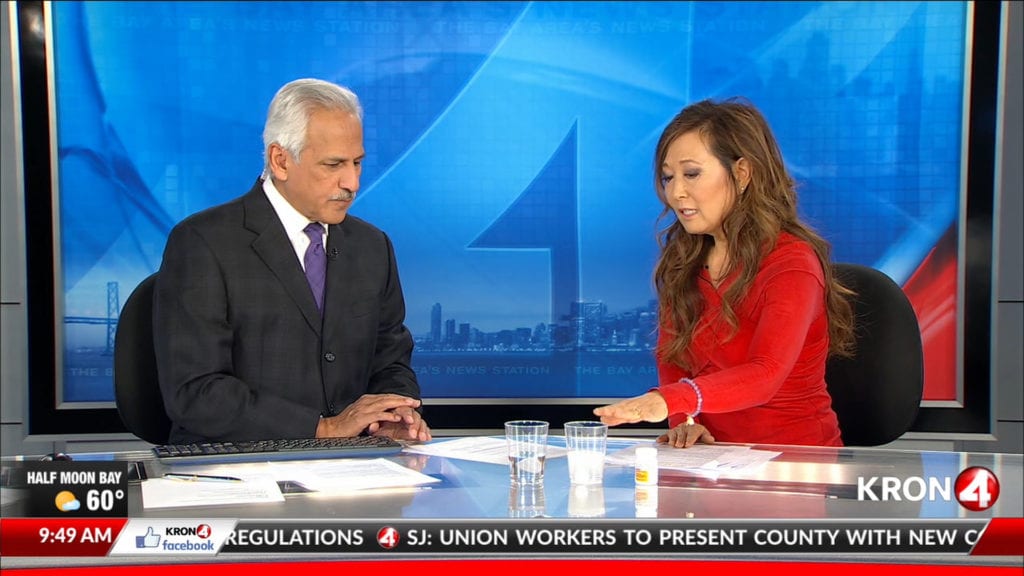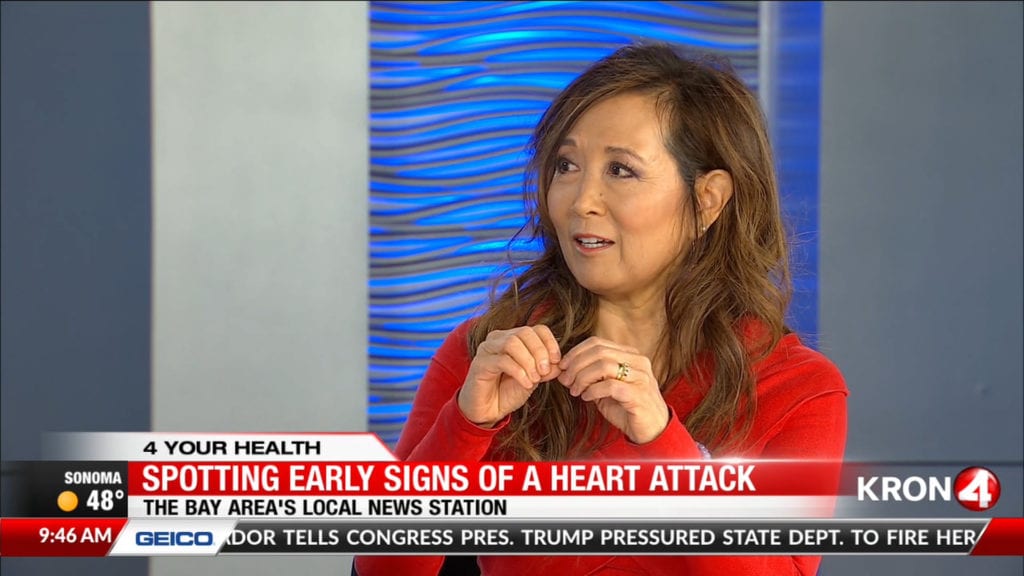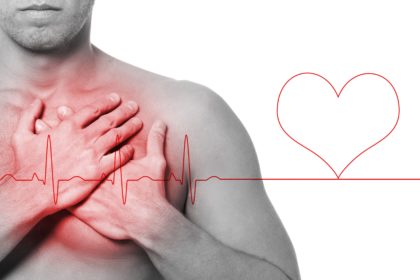Aspirin can stop a heart attack. A heart attack, or myocardial infarction (MI), is permanent damage to the heart muscle. Most heart attacks develop when a cholesterol-laden plaque in a coronary artery ruptures. Plaque deposits are hard on the outside and when this outer shell ruptures (cracks), platelets rush to the area in an effort to ‘patch’ the ruptured area.
Aspirin, an anti-platelet, can stop the platelets from forming a larger clot if you take the aspirin BEFORE the clot gets too big. But aspirins differ in their rates of absorption and anti-platelet activity. Here’s what you should do…
First Aid Steps for Heart Attack Symptoms
- Call 911 ASAP! Speak with an operator/EMT BEFORE taking aspirin in case you have an allergy to aspirin or a condition that makes it too risky to use aspirin. Also, it may be dangerous to take aspirin if you are suffering from a stroke or other condition and not a heart attack. NOTE: The FDA advises that you consult with your doctor beforehand, to determine the best course of action in the event you have a heart attack.
- Take aspirin. Be sure it is NON-safety coated (regular) aspirin.
- How many: Take ONE (1) adult regular strength OR FOUR (4) low dose baby aspirin.
- How to take it: Chew for 30 seconds, then swallow with 1/2 cup (4 ounces) of water.
- Take your nitroglycerin as prescribed, if you have any.
- Unlock the front door, if possible.
- Lie down, raise your legs.

Karen’s Fit Tip: Be prepared. Keep some non-enteric coated (no safety coating) adult regular-strength aspirin by your bedside, in the kitchen, bathroom, family room (any room where you spend time) as well as your golf bag, gym bag, purse, desk, car, and briefcase. Note the expiration date too.






